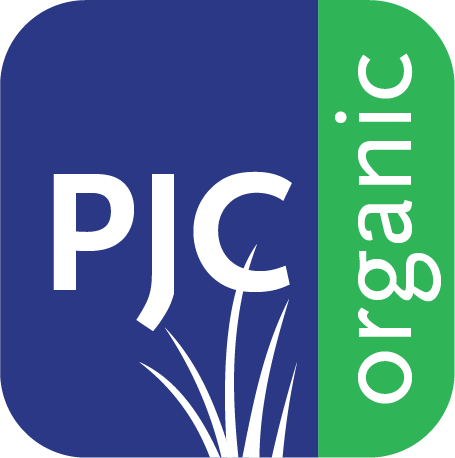Neonic Pesticides to be removed from retail stores in Massachusetts July 1, 2022.
This removal has been prompted by six years of advocacy work. A broad coalition of individuals and organizations has worked to protect pollinators and ecosystem health in Massachusetts. In March 2021 the Massachusetts Department of Agricultural Resources (MDAR) passed a ruling. This ruling stated that any pesticide product which contains a neonicotinoid and is labeled for outdoor non‐agricultural and outdoor non‐structural uses will become a State Restricted Use Pesticide as of July 1, 2022. This includes products that are labeled for lawn and turf, trees and shrubs, ornamentals, and vegetable and flower gardens.
The most common use of these products in turf is for the preventive control of white grubs. Although, these products have proven harmful to a litany of pollinators as well. These pollinators include insects and animals—such as bees, wasps, moths, butterflies, birds, flies and small mammals, including bats.
Why are pollinators important?
Do you like to eat? One out of every three bites of food you eat exists because of the efforts of pollinators. This includes many fruits, vegetables, and seeds. Pollinators not only are necessary for our own food, but support the food and habitat of animals.
Do you like clean air? Healthy ecosystems depend on pollinators. At least 75 percent of all the flowering plants on earth are pollinated by insects and animals! This amounts to more than 1,200 food crops and 180,000 different types of plants. These plants help stabilize our soils, clean our air, supply oxygen, and support wildlife.
Do you want a healthy economy? In the United States alone, pollination by honey bees contributed to over $19 billion of crop production in 2010. Additionally, pollination by other insect pollinators contributed to nearly $10 billion of crop production.
What do I do NOW?
As legislature continues to limit the use of synthetic chemicals for turf care, the best time to switch to Organic Turf Care practices is NOW! Therefore, we make it easy for landscapers, schools and municipalities to transition from synthetic programs to fully organic programs. Reach out!
Neonicotinoids Classification Change. The MDAR has compiled a list of all the products which will become State Restricted Use as of July 1st. Please note that this list is subject to change
